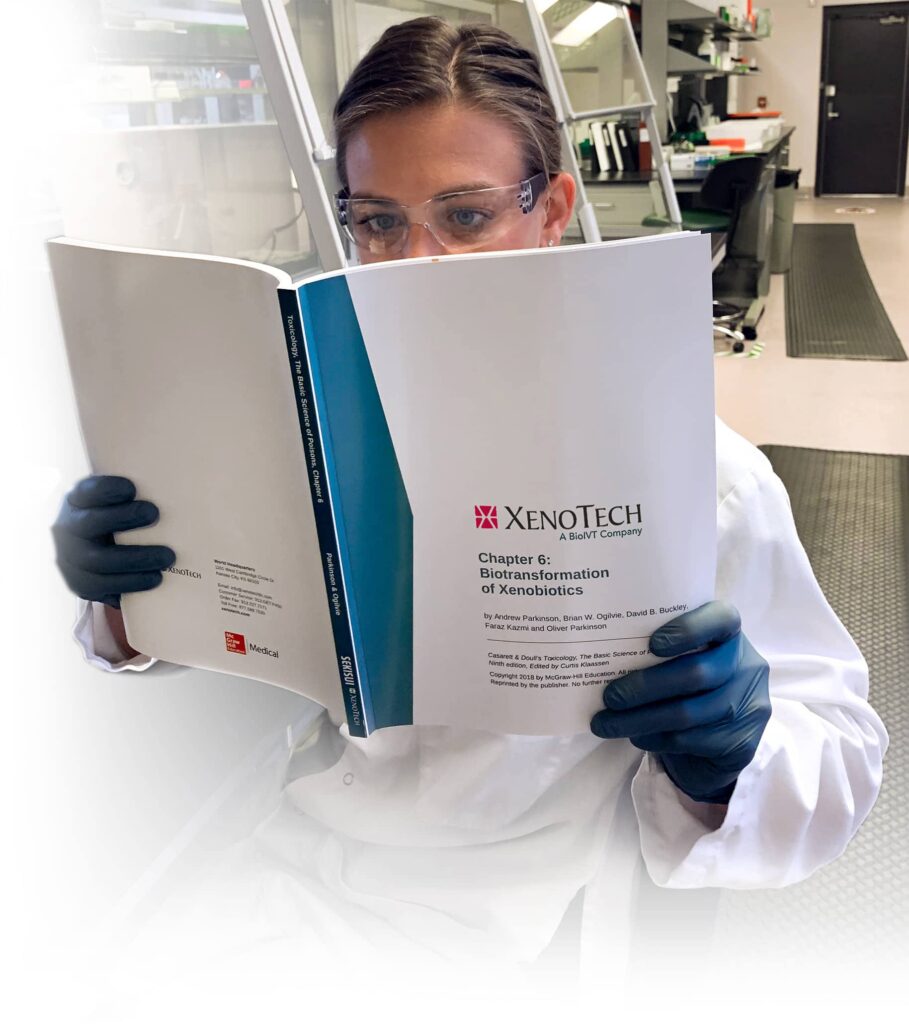
In Vitro Assessment of the Drug-Drug Interaction of Rasagiline and Its Metabolite Aminoindan
Full Title
In Vitro Assessment of the Drug-Drug Interaction of Rasagiline and Its Metabolite Aminoindan
Abstract
Rasagiline mesylate (PAI) is the active pharmaceutical ingredient of the anti-Parkinson’s drug Azilect, marketed by Teva Neuroscience, Inc. Rasagiline (R-N-2-Propynyl-1-indanamine) is a second generation, selective and irreversible inhibitor of monoamine oxidase (MAO)-B. Prior to FDA approval in 2006, the metabolism of rasagiline to its major metabolite aminoindan (AI) by CYP1A2 was characterized in vitro by traditional reaction phenotyping approaches and in a follow-up clinical study where the AUC of rasagiline (2 mg/day) increased by 83% when co-dosed with the strong CYP1A2 inhibitor ciprofloxacin (500 mg b.i.d.) (Azilect label). Additionally, the potential for rasagiline to cause direct and/or metabolism-dependent inhibition of cytochrome P450 (CYP450) enzymes was evaluated; rasagiline did not inhibit any of the CYP450 enzymes tested (CYP1A2, CYP2A6, CYP2C9, CYP2C19, CYP2D6, CYP2E1, CYP3A4/5 and CYP4A11).
In the current study, we further evaluated rasagiline and its major human metabolite, aminoindan (Figure 1), for the potential to be the perpetrator or victim of pharmacokinetic based drug-drug interactions. The experimental procedures were based on the recommendations and scientific principles described in the FDA DDI draft guidance for industry (2012), the EMA guideline on the investigation of drug interactions (2013) and in the 2014 Japanese MHLW DDI draft guidance. Rasagiline and aminoindan were tested for the potential to cause induction of CYP450 enzymes (CYP1A2, CYP2B6, CYP3A4/5) and direct and/or metabolism-dependent inhibition of CYP450 enzymes (rasagiline, CYP2B6, CYP2C8 and CYP3A4/5; aminoindan, CYP1A2, CYP2B6, CYP2C8, CYP2C9, CYP2C19, CYP2D6 and CYP3A4/5). Furthermore, the potential of rasagiline to be a substrate (P-gp and BCRP) and rasagiline and aminoindan to be inhibitors (P-gp, BCRP, OATP1B1, OATP1B3, OCT2, OAT1, OAT3, MATE1 and MATE2-K) of drug transporters was evaluated in vitro.